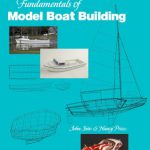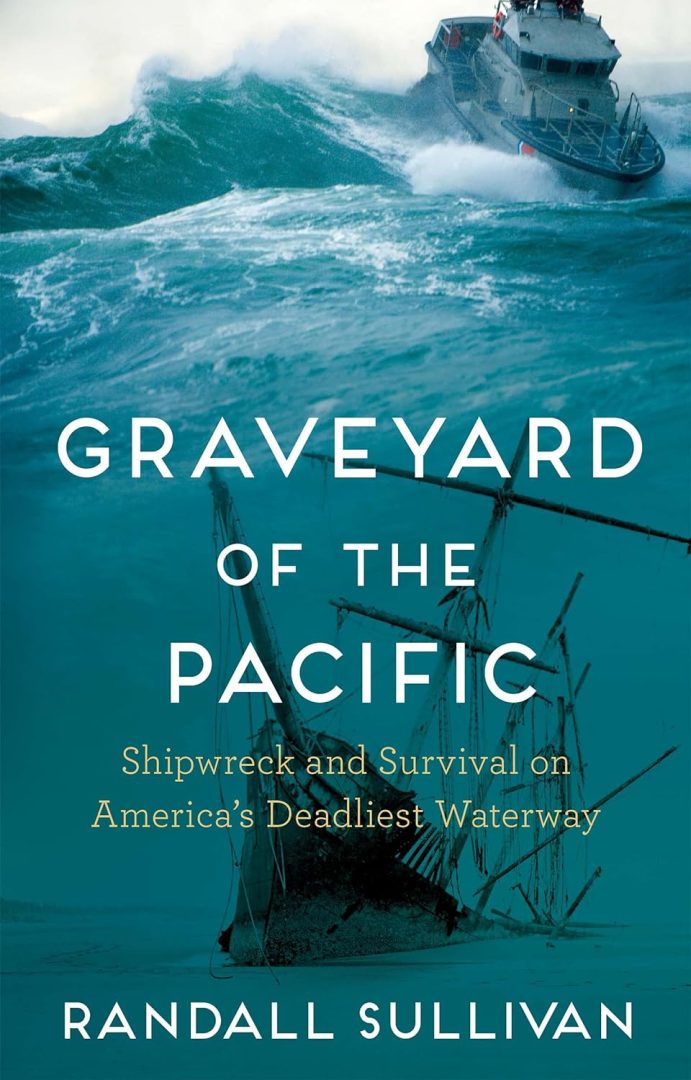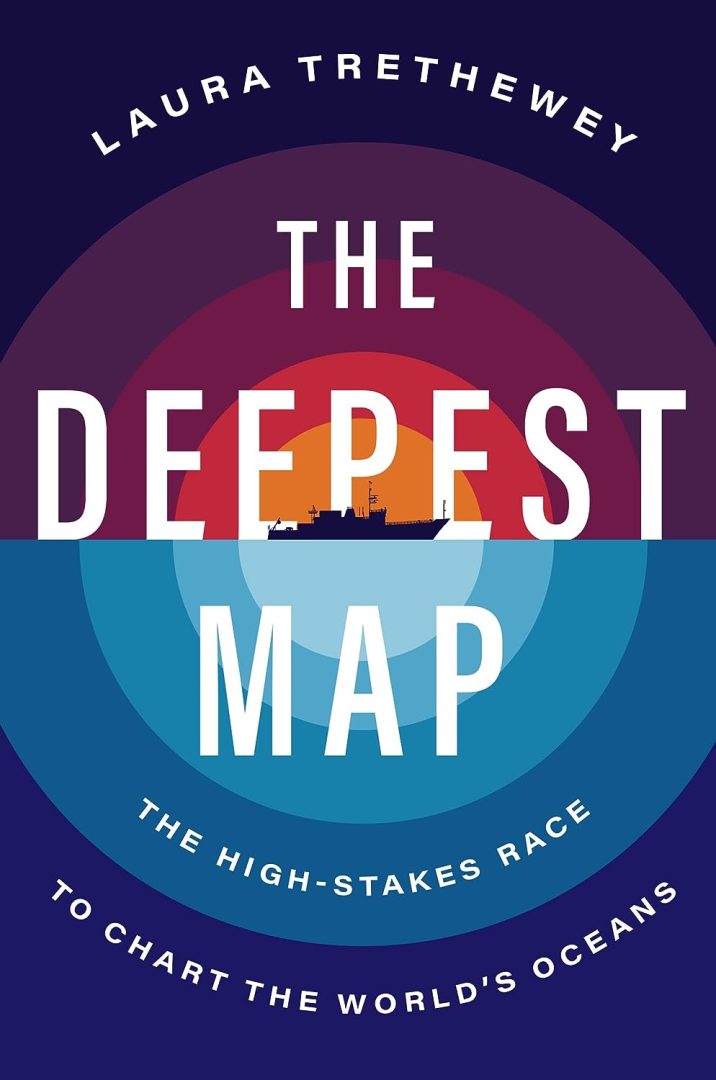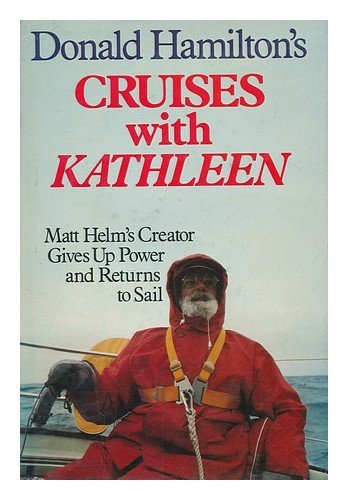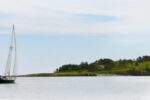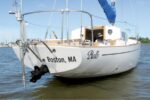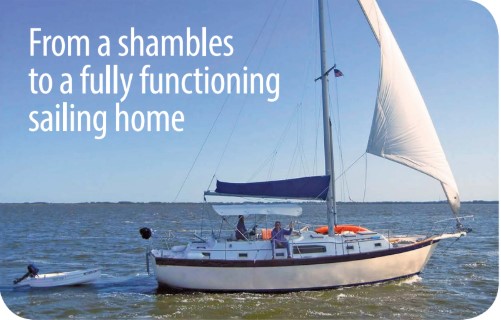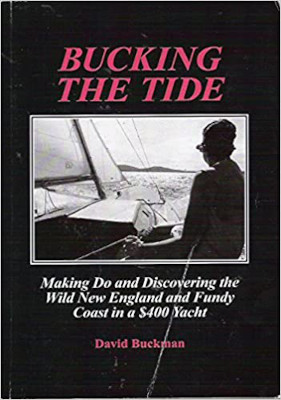 Leight’s captain and owner describes his vessel as a wreck that leaks “like a White House aide.” She is a $400 18-foot homemade cruiser in tough shape. The crewmembers are “as green as grass.” As David Buckman and his two-person crew explore the wild New England and Fundy coasts, the “half-pint vessel” encounters “miles of dramatic coast . . . breathtaking vistas . . . and dungeons of fog.”
Leight’s captain and owner describes his vessel as a wreck that leaks “like a White House aide.” She is a $400 18-foot homemade cruiser in tough shape. The crewmembers are “as green as grass.” As David Buckman and his two-person crew explore the wild New England and Fundy coasts, the “half-pint vessel” encounters “miles of dramatic coast . . . breathtaking vistas . . . and dungeons of fog.”
When writing tools were handed out, David was apparently issued a lifetime supply of run-on sentences and overused adjectives but a dearth of periods. Bucking the Tide is a self-published book in need of a copy editor at its helm. Harsh? Um, note the subtitle.
Sentences running 60 to 70 words are common. Chapter 6 is 91 pages in length — nearly half the book. The sheer quantity of words lashed together, along with an onslaught of adjectives, creates a barrage of verbiage. A crisper telling would have been a blessing.
That said, you can’t help but like the guy. You can’t help but cheer him on. You can’t help but wish that you were David Buckman, at least for a while. He is an enthusiastic, optimistic, admittedly low-experience sailor, at least as presented in this book about his early sailing adventures (since those days as a newbie, he’s spent another 69 years sailing). And sincere. He’s sincere. The cover of his book describes a story that “touches on the blessings of economy, simplicity, resourcefulness, doing a lot with a little” and how the $400 investment in a dilapidated sloop (a Lightning he shortened from 19 to 18 feet by lopping off a foot of rotten wood at the stern and adding a new transom) led to the adventure of David’s lifetime.
His observations are keen and his descriptions of local folk and scenes are a pleasure to visualize from the comfort of couch or cockpit. David maintains, from experience, that if people know where to look, the raw materials of extraordinary experiences can be found close at hand. “We’d bucked the tide of convention in a modest way, had gone to great lengths, close to home for next to nothing, and found our native sea, soil, and life possessed of heroic proportions.”
The book contains a selection of photographs from the trip along the New England and Fundy coasts along with a number of well-done illustrations. Several chapters end with an inspiring quote from Thoreau or other Wise Ones. Readers who can get past the grammatical issues are likely to enjoy the story.
Bucking the Tide: Making Do and Discovering the Wild New England and Fundy Coasts in A $400 Yacht By David Buckman (Eastworks Publications, 2010; 212 pages)
